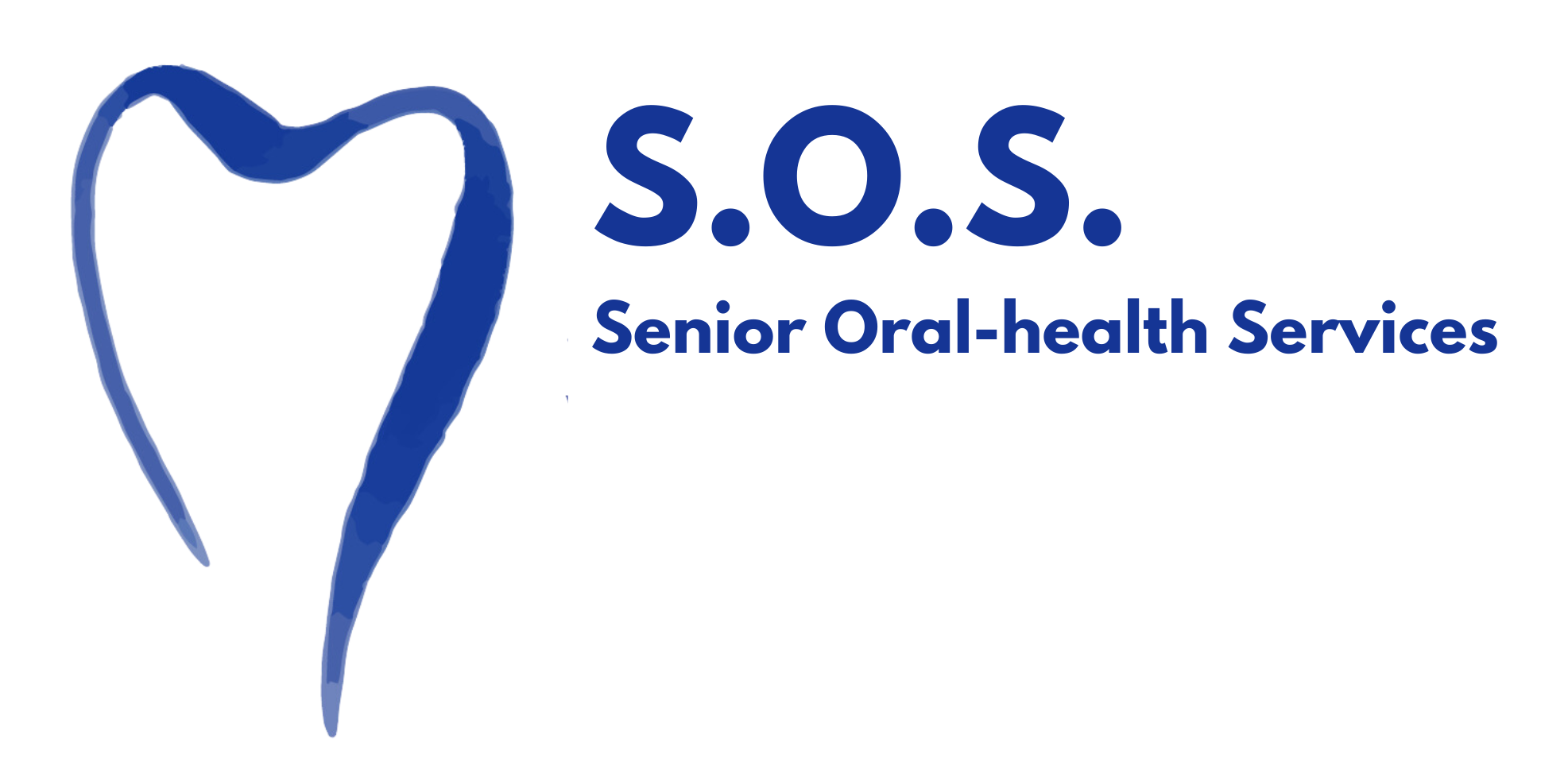[email protected]
PHONE: (828) 775-2180 FAX: (828) 484-4934
PO BOX 901 FAIRVIEW, NC 28730
Research
The Centers of Disease Control reports that in the past, most nursing home residents entering a facility would have total or partial loss of their teeth. With the improvement of oral care in the past 50 years, residents are now entering nursing homes with more of their natural teeth. This means that to maintain their oral care, there must be more effort put into preventing oral diseases such as dental decay and periodontal disease.
Due to varying degrees of physical and cognitive decline and sometimes related to behavioral issues, residents may rely heavily on caregivers for all aspects of their oral care. Oral health in nursing homes is often not seen as a priority and this could potentially delay the assessment, identification, and treatment of dental problems for the residents.1
As plaque and food debris continues to build up on the teeth and tissues of the resident’s oral cavity, the risk increases for decay, gingivitis, and periodontal disease. With these risks, a resident may also have difficulty eating their meals, socializing with other residents due to foul smelling breath, and may notice a decline in their quality of life.2
Many residents take several medications for their overall health. One of the major side effects of medications is dry mouth, also known as xerostomia. Xerostomia causes oral discomfort, interferes with chewing and swallowing functions, and unfortunately supports plaque formation. The reduction of these functions increases the risk for malnutrition. There are ways to reduce xerostomia even whilst taking medications, we will cover that further on.
In addition to weight loss and xerostomia, poor oral care can also put the resident’s overall health at risk. The risks include the residents developing aspiration pneumonia and if diabetic, poor control of glycemic levels can increase their risk for cardiovascular disease.3
Aspiration Pneumonia
Aspiration pneumonia is caused by foreign material entering the lungs. Most commonly, the foreign particles consist of food debris, saliva, biofilm, or a combination of these. Healthy adults may also aspirate secretions during sleep, but with coughing as well as an intact immune mechanism the airways are protected. With age and functional decline, these defense mechanisms become impaired, which renders fragile elders more vulnerable to developing aspiration pneumonia. 4
Diabetes Mellitus
Poor oral health can also affect the control of the blood glucose levels in diabetics. When diabetes is not controlled, high glucose levels in your saliva help harmful bacteria grow. These bacterias combine with food to form a soft, sticky film called plaque. Some types of plaque cause tooth decay or cavities. Other types of plaque cause gum disease and bad breath.5
According to the American Diabetes Association, if someone tends to have high blood sugar levels or takes antibiotics often, they are more likely to experience thrush. Thrush is a fungal infection and makes white (or sometimes red) patches in areas of the mouth. These can get sore or turn into ulcers.6
Cardiovascular Disease
Periodontal disease (infections of the structures around the teeth) and cardiovascular disease have the same risk factors as smoking, poor nutrition, and diabetes. Per the American Heart Association, inflammation caused by periodontal disease may be responsible for the connection between gum disease and heart disease. Even people who are highly prone to periodontal disease can prevent or control the disease with good oral care. 7
Dry Mouth
As already mentioned, dry mouth has many negative effects on the oral cavity including discomfort, trouble chewing and swallowing, as well as increased plaque formation.
Along with taking regular sips of water throughout the day, minimizing carbs and sugars in the diet, and reducing bacterial colonies with proper brushing and flossing techniques, you can improve the harmful side effects of dry mouth. We also recommend that residents stimulate their saliva glands by using Xylitol mints approximately 5 times a day. 8
What is Xylitol?
Xylitol is a natural sweetener. It does not break down like sugar and can help keep a neutral pH level in the mouth. Harmful bacteria attempt to consume the xylitol but because xylitol is non-fermentable the bacteria is not able to thrive and produce their harmful by-products. The anti-adhesive quality of xylitol prevents the bacteria from sticking to cell tissues. By preventing the plaque from adhering the bacteria is not able to colonize on the teeth and tissues.9
1-2Porter, Jessie et al. “The Impact of Oral Health on the Quality of Life of Nursing Home Residents.” Health and Quality of Life Outcomes 13 (2015): 102. PMC. Web. 30 July 2017.
3 Jablonski, Rita A. “Examining Oral Health In Nursing Home Residents.” Vol. 18, 1 Jan. 2010, pp. 21–26., www.prevmed.org/wp-content/uploads/2013/09/5-gen_examining_oral_health_in_nursing_home_residents.pdf.
4 Müller, F. “Oral Hygiene Reduces the Mortality from Aspiration Pneumonia in Frail Elders.” Journal of Dental Research 94.3 Suppl (2015): 14S–16S. PMC. Web. 30 July 2017.
5 “Diabetes, Gum Disease, & Other Dental Problems.” National Institute of Diabetes and Digestive and Kidney Diseases. U.S. Department of Health and Human Services, 01 Sept. 2014. Web. 30 July 2017.
6 “More on the Mouth.” American Diabetes Association. N.p., n.d. Web. 30 July 2017.
8 “Dental Benefits of Xylitol | Less Bacteria, Healthier Teeth.” Supports And Benefits of Xylitol, Supports And Benefits of Xylitol, xylitol.org/xylitol-uses/dental-benefits-of-xylitol/.
9 Ferreira, Aline, Annelisa Silva-Paes-Leme, Nadia Raposo, and Silvio Da Silva. “By Passing Microbial Resistance: Xylitol Controls Microorganisms Growth by Means of Its Anti-Adherence Property.” Current Pharmaceutical Biotechnology 16.1 (2015): 35-42. Web.



